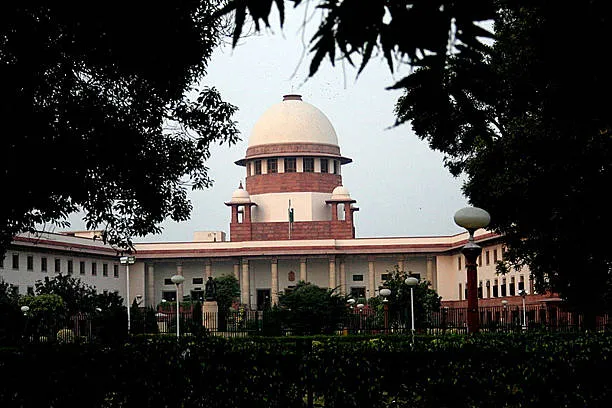The petitioner had initially approached the Delhi High Court challenging the provisions of the 1968 Order. The plea specifically contested the allocation of the “Ganna Kisan” free election symbol to another unrecognized political party for the upcoming Lok Sabha elections in Tamil Nadu and Puducherry. The petitioner party argued that being a registered (unrecognized) State party, it was not entitled to a reserved election symbol, yet it was allotted the “Ganna Kisan” symbol for elections held from 2019 to 2023.
The challenge was directed at Explanation (iv) of Order 10B (B) of the Election Symbols Order, which dictates the criteria for allotting common symbols to registered (unrecognized) parties. The provision mandates a first-come-first-served basis for symbol allotment, with procedures outlined for scenarios where multiple parties apply for the same symbol on the same date.
Despite utilizing the ‘Ganna Kisan’ emblem in previous elections, the petitioner faced the risk of losing this symbol to another unrecognized party due to the first-come-first-served principle. The Delhi High Court had earlier dismissed the plea, noting that the allocation of the symbol to another party was consistent with the provisions of the Election Symbols Order.
Seeking urgent relief, the petitioner’s counsel requested a stay on the high court’s judgment. Recognizing the urgency, the Supreme Court not only issued notice on the petition but also on the plea for interim relief. Additionally, the Election Commission of India was directed to be served notice regarding the matter. This development underscores the ongoing legal battle over election symbol allotment criteria and its implications for political parties in India.






